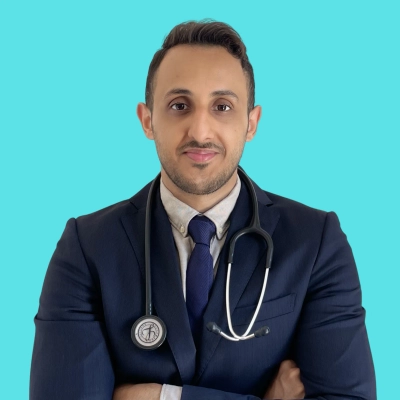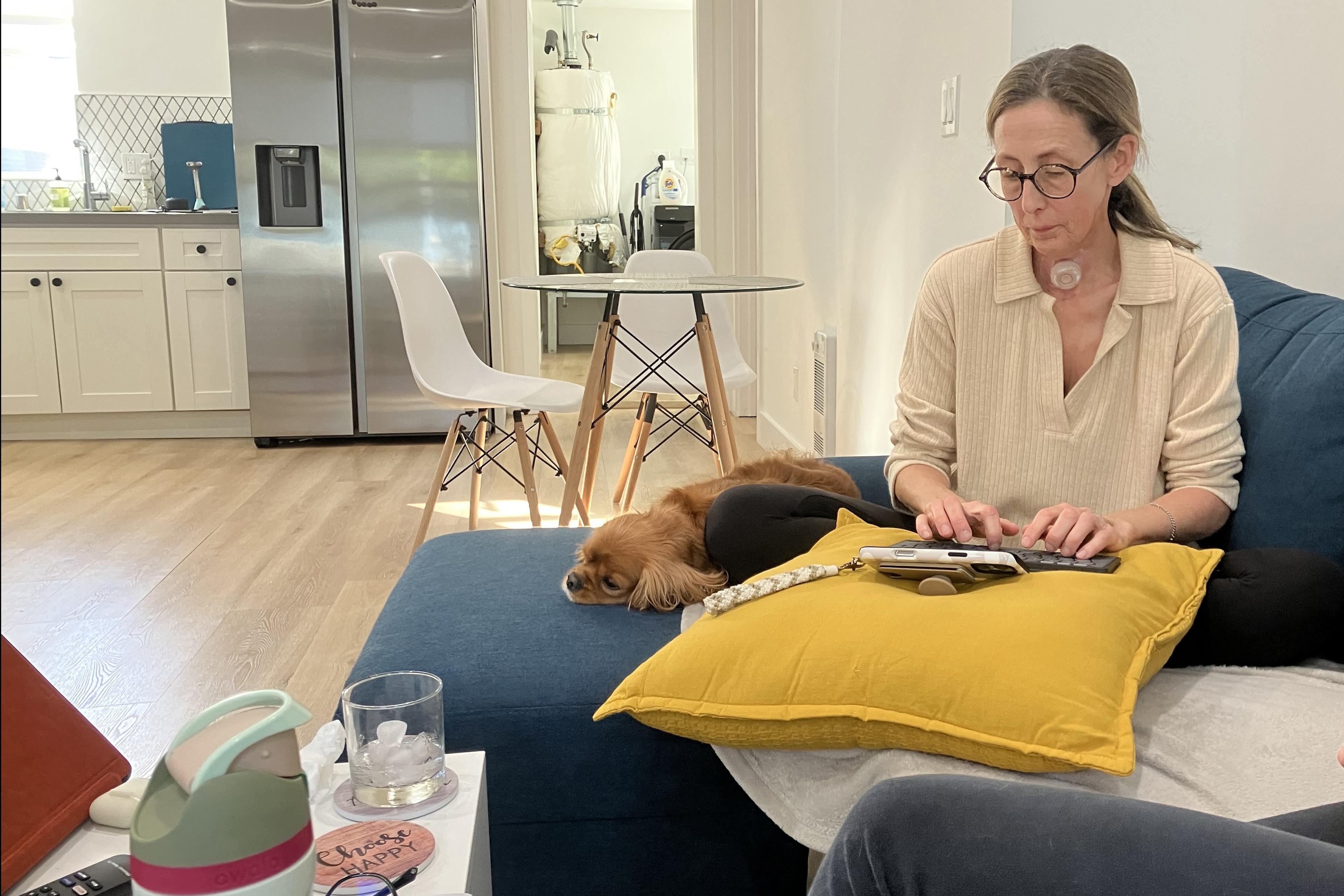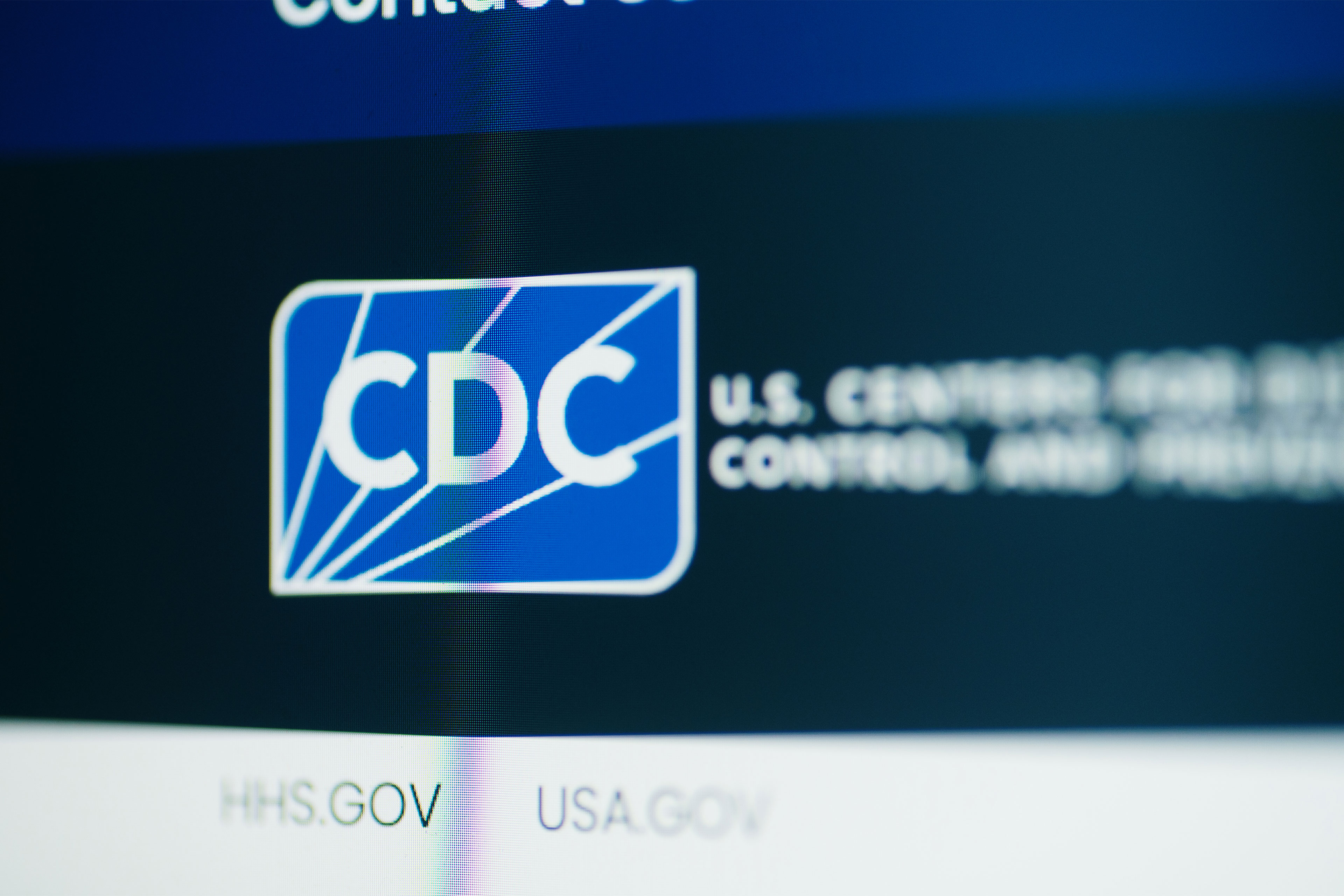Preparing for a doctor’s appointment can make the difference between a rushed, unproductive visit and one that addresses your health concerns effectively. This article compiles practical strategies and insights from medical professionals to help patients communicate better and achieve more during their appointments. From setting clear priorities to treating the visit as a two-way conversation, these expert-backed tips will transform how you approach your next medical consultation.
- Set One Clear Goal From the Start
- Treat It as a Genuine Conversation
- Focus and Prioritize Your Main Concerns
- Walk in With a Clear Goal
- Plan Ahead and Keep It Limited
Set One Clear Goal From the Start
Patients may get the most out of their visits by setting ONE CLEAR GOAL and saying it right from the beginning. Of all the patients I have ever seen who ask at the beginning, ‘My biggest problem today is…,’ — they usually leave with a better plan and less confusion. Physicians see dozens of patients every day and a visit averages just 15-20 minutes. So being intentional is best.
I always tell patients to bring a one-page ‘snapshot,’ which should contain only the medications they’re currently taking, any recent test results, and any major questions they may have. It keeps the visit on track and can avoid the ‘I forgot to bring up…’ pitfall once you’re going home.

Treat It as a Genuine Conversation
The key to getting the most out of a doctor’s appointment lies in treating it as a genuine conversation rather than a rushed transaction. Medicine works best when it’s collaborative, so instead of trying to squeeze every concern into one visit, focus on communicating openly about what matters most to you and what you hope to gain from the encounter. It’s perfectly fine to share your thoughts, worries, or even your own theories about what’s happening. Good doctors appreciate insight into how you perceive your health, because it helps them tailor care that fits your perspective and lifestyle. Patients sometimes hold back out of fear of “wasting the doctor’s time”, but those honest, human details often reveal more than a lab test ever could. If you have several issues, it can be more effective to tell your doctor at the start and ask for guidance on what to address now versus what can wait for a follow-up. Don’t be afraid to slow the conversation down if something doesn’t make sense and ask “why” or “what happens if…” until you truly grasp the plan. A good appointment is not about how much ground is covered but about leaving with clarity, confidence, and a sense that your doctor really sees and hears you.

Focus and Prioritize Your Main Concerns
To get the most out of a doctor’s appointment, go in with a clear focus. Before your visit, jot down your main concerns—ideally your top one or two questions—and bring a list of any medications, recent symptoms, or test results. During the appointment, be open and specific about what’s bothering you and how it affects your daily life. Time goes quickly, so prioritize what matters most to your health or quality of life right now. If something isn’t clear, don’t hesitate to ask for clarification or next steps before you leave. The goal is to leave with understanding and a shared plan, not unanswered questions.

Walk in With a Clear Goal
The best way to get the most out of a doctor’s appointment is to walk in with a clear goal. Decide ahead of time what one main concern you want addressed, and make sure it’s the first thing you bring up. When patients try to cover five issues in a 15-minute visit, everything gets rushed and nothing gets the attention it deserves.
I always tell patients to come prepared with three things: a short list of symptoms (when they started, what makes them better or worse), a current medication list, and one specific question they want answered before they leave. That keeps the visit focused and makes it easier for the doctor to give meaningful guidance instead of guessing what matters most to you.
A well-planned appointment is almost always more productive than a longer one with no direction.

Plan Ahead and Keep It Limited
Go in with a plan, and try to keep it limited in scope. Asking specific questions about a specific issue you’re having, including some follow-up questions, is the best way to make it clear to your doctor that this is an issue you need addressed. You might want to bring up multiple issues while speaking to your GP, but even there, prioritize. Doctors have tight schedules, and if you raise too many issues in one appointment, some of them might get overlooked.











